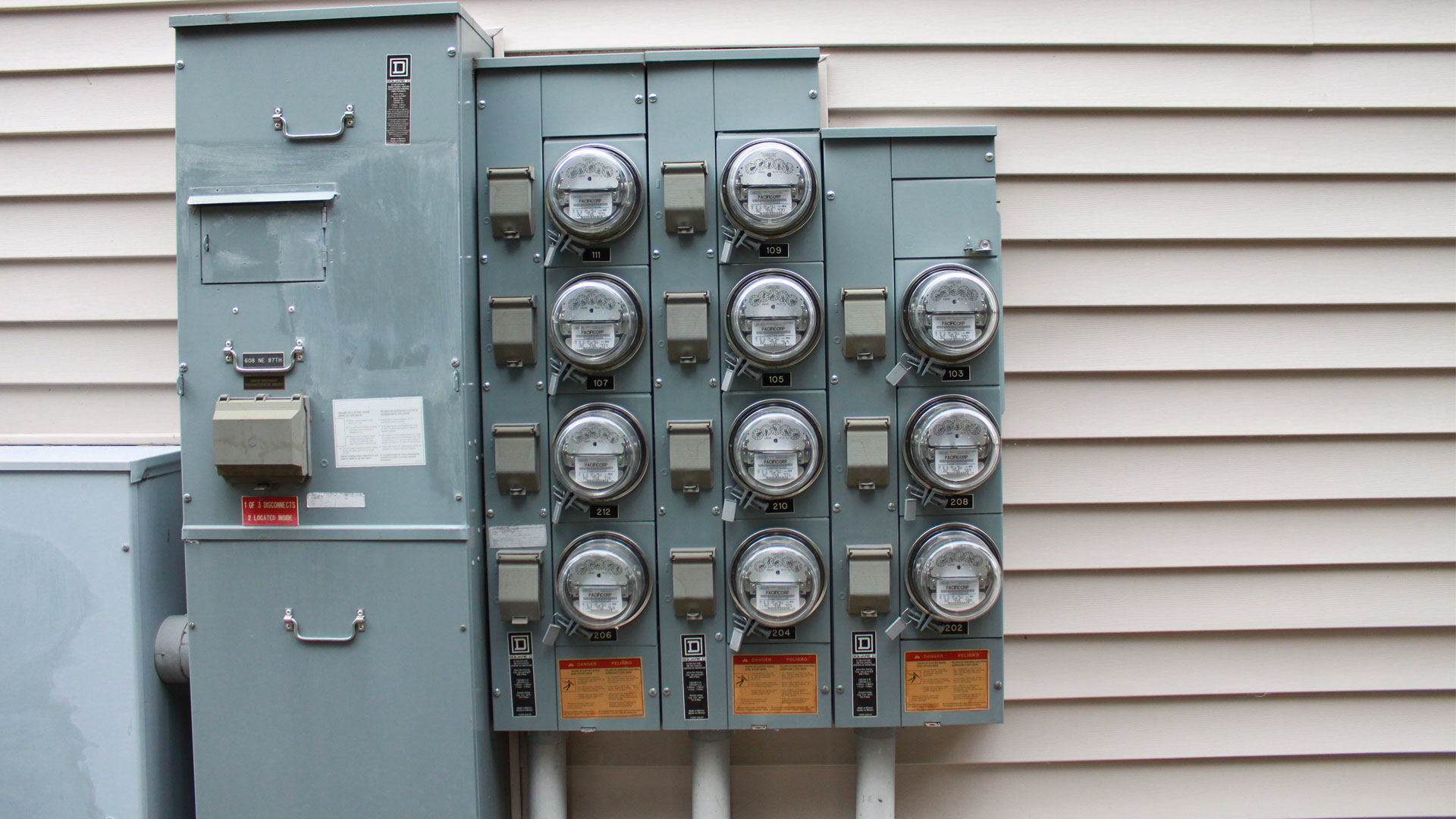
Rochester, NY- As the city of Rochester seek to launch a study to host its own public utility company, Maine Legislature is considering a bill that would have the state take over private electric companies, here’s a guide to some of the issues at play.
How are electric utilities different from other private companies?
Electric utilities are what economists call “natural monopolies.” Like many states, Maine forced its electric utilities to sell off their power plants in the late 1990s to create a free market and encourage competition in the supply of electricity. But the delivery of electricity — the equipment that brings power to homes and businesses — remains closed to competition.
That’s because it would be terribly inefficient, and probably dangerous, for there to be two or more sets of power lines provided by different companies in the same service area, although that did occur in some places in the very early days of electric service. So there is only one electric utility allowed to operate in any given territory: If you live in Central Maine Power’s service area, for example, CMP is your only option for electricity.
For 70 percent of the country, electricity is delivered by private, for-profit companies owned by investors.
The other 30 percent are served by utilities owned by customers. This group, called consumer-owned utilities, includes municipal utilities, which are owned by towns or cities, and rural cooperatives, most of which were formed in the first half of the 20th century when it wasn’t profitable for investor-owned utilities to provide power to rural areas.
Which are cheaper: consumer-owned or investor-owned utilities?
On average in the United States, residential customers of consumer-owned utilities have rates 13 percent cheaper than customers of investor-owned utilities, according to the American Public Power Association, a trade group for consumer-owned utilities. In Maine, it’s the opposite: The two investor-owned utilities have an average rate cheaper than the average rate of the state’s nine consumer-owned utilities.
But four of the consumer-owned utilities have high rates because they serve remote islands that are expensive to power. If those utilities are discounted, the remaining five consumer-owned utilities had an average rate 18 percent lower than the two investor-owned utilities in 2018, according to data from the Maine Public Utilities Commission.
“Publicly owned utilities in general are cheaper than privately owned utilities,” said Jim Lazar, a longtime energy consultant who has written guides to U.S. electricity regulation. Lazar explained the difference was due to three reasons. Consumer-owned utilities don’t have a profit component; they don’t pay federal income taxes because they are nonprofits; and they pay their executives “hundreds of thousands of dollars, not millions,” he said. But while public utilities might be cheaper on average, the difference in their service-area size and customer density make direct comparison difficult, said Severin Borenstein, an economist at the University of California at Berkeley and an expert on electric utilities.
“It’s really easy to point out good investor-owned utilities and good publicly owned utilities, and really easy to point out bad investor-owned utilities and bad publicly owned utilities,” Borenstein said. “There’s nothing magical about either model.”
Are consumer-owned or investor-owned utilities more reliable?
Because physical terrain, population density and weather all affect power reliability, directly comparing reliability across utilities is difficult. For example, public power supporters sometimes point to the excellent reliability of Nebraska, the only state with public power. But Nebraska has very little in common with forested Maine.
Also, publicly owned utilities are typically either municipally owned, meaning they serve urban settings, or are rural cooperatives, meaning they serve difficult-to-maintain rural areas that cover more square mileage per customer. Rural cooperatives are less reliable than municipal- and investor-owned utilities, according to federal data. But municipal utilities are, on average, more reliable than investor-owned utilities.
Utilities are only required to submit reliability data if they are above a certain size. In Maine, there are three utilities that report reliability data: investor-owned CMP and Emera Maine, and consumer-owned Eastern Maine Electric Cooperative, which is based in Calais. The cooperative serves 12,500 accounts across an area larger than Delaware.
The federal government uses a variety of reliability metrics, but generally speaking, CMP has been the most reliable of the three over the past three years. But it also covers the most densely populated part of the state. By some metrics, Eastern Maine Electric Cooperative had better reliability than Emera Maine, despite covering a more rural service area.
In 2018, according to one industry metric, the average CMP customer experienced 633 minutes without power; the average Eastern Maine Electric Cooperative customer experienced 727 minutes; and the average Emera Maine customer experienced 780 minutes.
Can a state just take over a private business?
Government can take over electric utilities, because the state allows them to run as a monopoly. But the government entity must compensate the investors of the business. The legal fights over how this works can take many years, with both sides disagreeing about what is a fair price.
Since the beginning of electricity, politicians have argued over whether consumers should own their power. Maine native and Detroit Mayor Hazen Pingree was an early backer of municipal takeovers of utilities in the 1890s. Teddy and Franklin Roosevelt battled the private electric companies and warned of investor-owned utilities’ potential to subvert democracy.
But takeovers remain rare. In 1966, the Maine Legislature debated whether to start a publicly owned Maine Power Authority before ultimately voting against the idea. In 1973, a similar proposal was put to voters in a referendum and was defeated by a wide margin.





